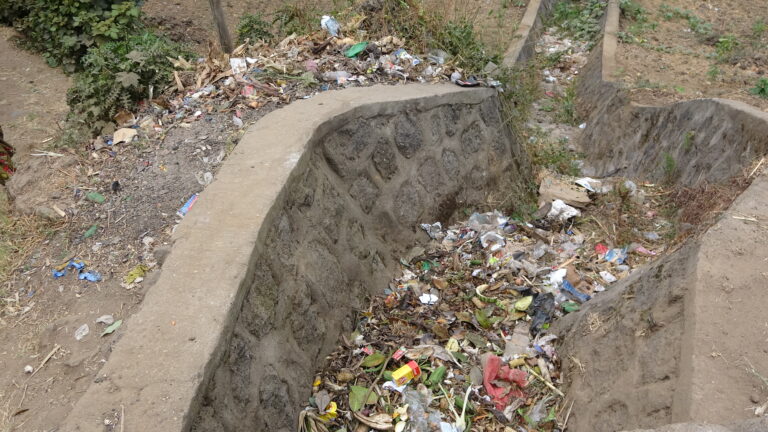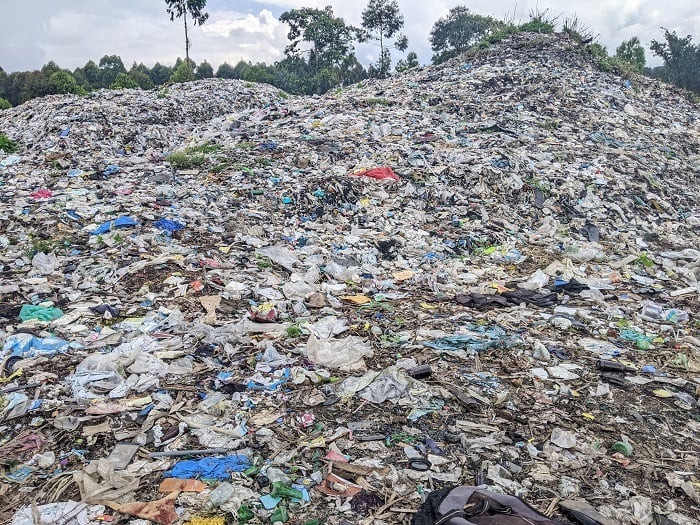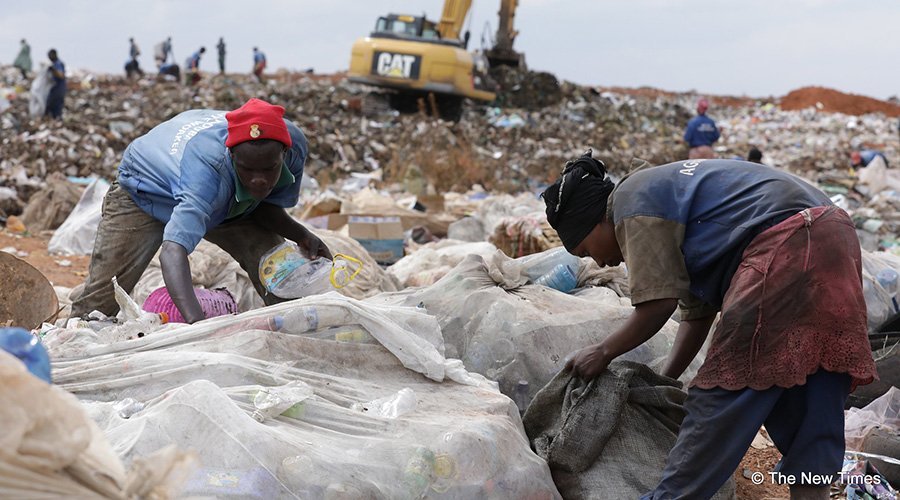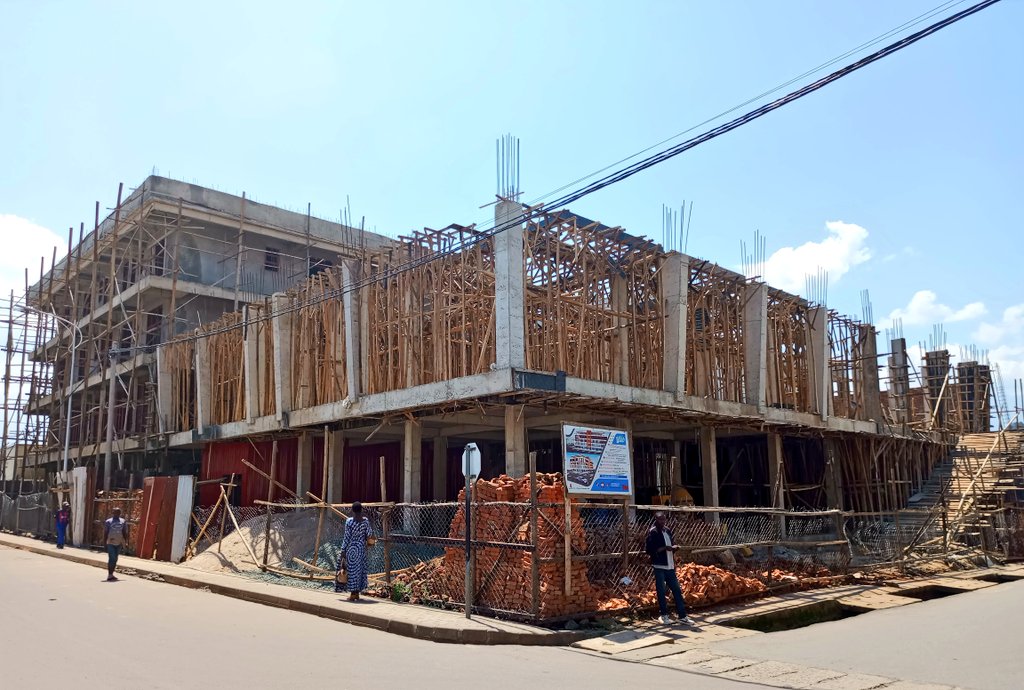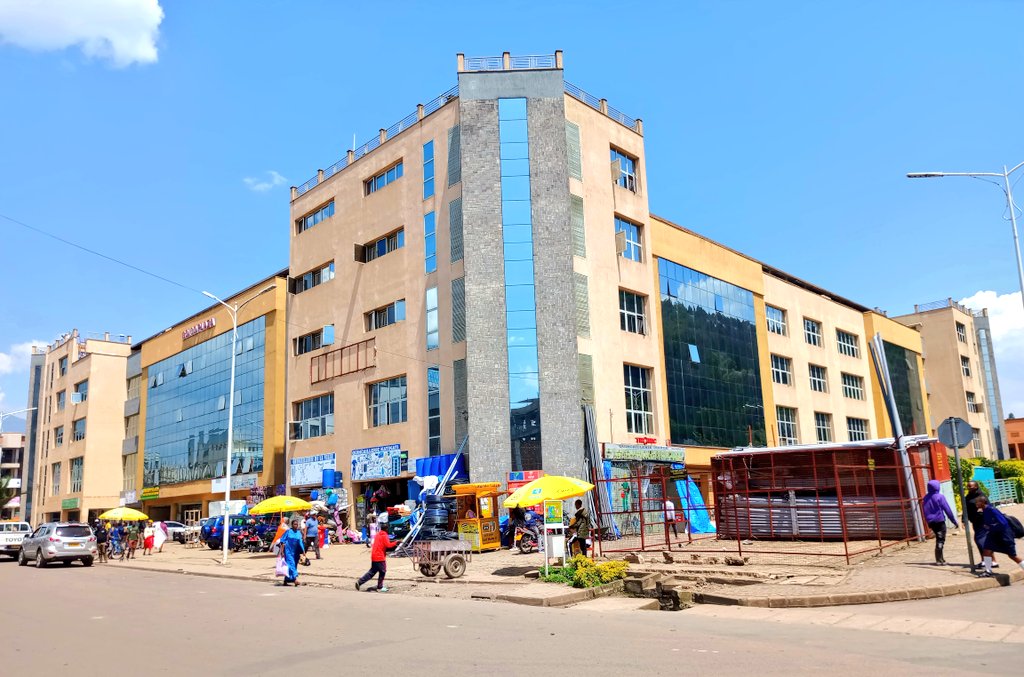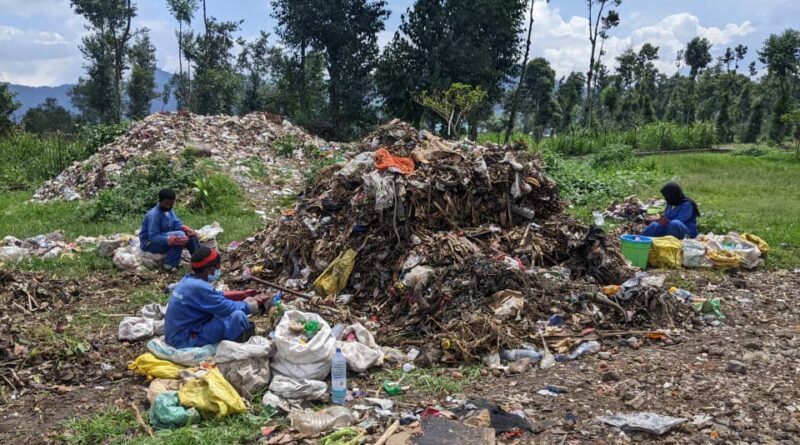Clean energy from waste: A step toward a greener Rwanda
As Rwandan cities continue to expand and attract residents from across the country, waste management has become one of the pressing challenges that can impact both public health and the environment.
Improperly managed waste can be a major source of air pollution especially when burned without following proper guidelines, or when left in streets and wetlands where it emits harmful gases such as carbon compounds and other chemicals.
Research conducted by different environmental institutions shows that urban waste contributes significantly to greenhouse gas emissions, particularly methane (CH₄) and carbon dioxide (CO₂).
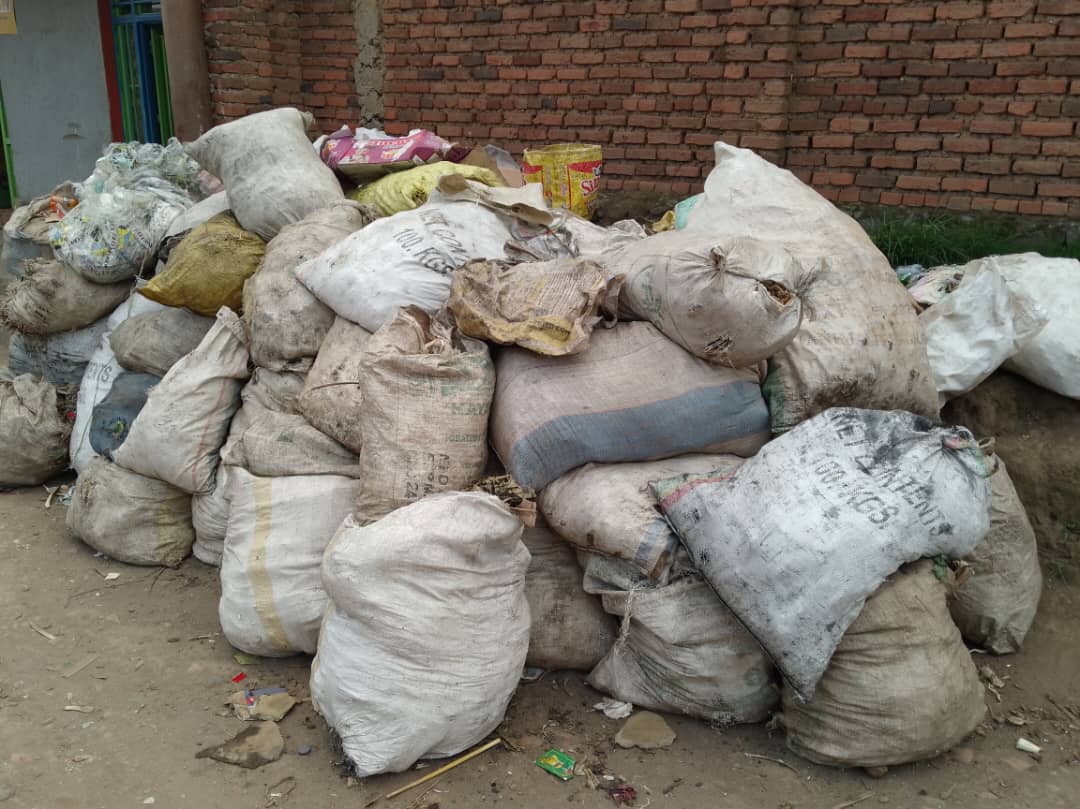
These gases accelerate climate change by increasing global temperatures, which in turn affect agricultural productivity and overall livelihoods.
Rwanda Environment Management Authority (REMA) and other institutions responsible for environmental protection have highlighted modern waste management as one of the solutions to curb air pollution.
To find sustainable solutions, the government has initiated programs to improve waste collection systems, promote waste sorting at the household level, and encourage recycling through small industries that produce compost and other products.
Residents of Musanze one of Rwanda’s fastest-growing cities after Kigali, told Greenafrica.rw that the new waste collection system has reduced individual burning of waste, which they see as a positive step toward cleaner air.
Claudine Mukamana, a local resident, said: “Now that waste is collected every day, we no longer burn it at home as we used to. We believe this reduces pollution and helps us maintain cleanliness in our homes and the city.”
Another resident, Pascal Itangishaka, shared: “Previously, when garbage piled up at home, we either burned it or threw it into drainage channels. Rain would carry it away, but it polluted water and killed aquatic life like fish and frogs that we depend on. We stopped burning and dumping, and now we store it for collection. It has made our lives easier and our neighborhoods cleaner.”
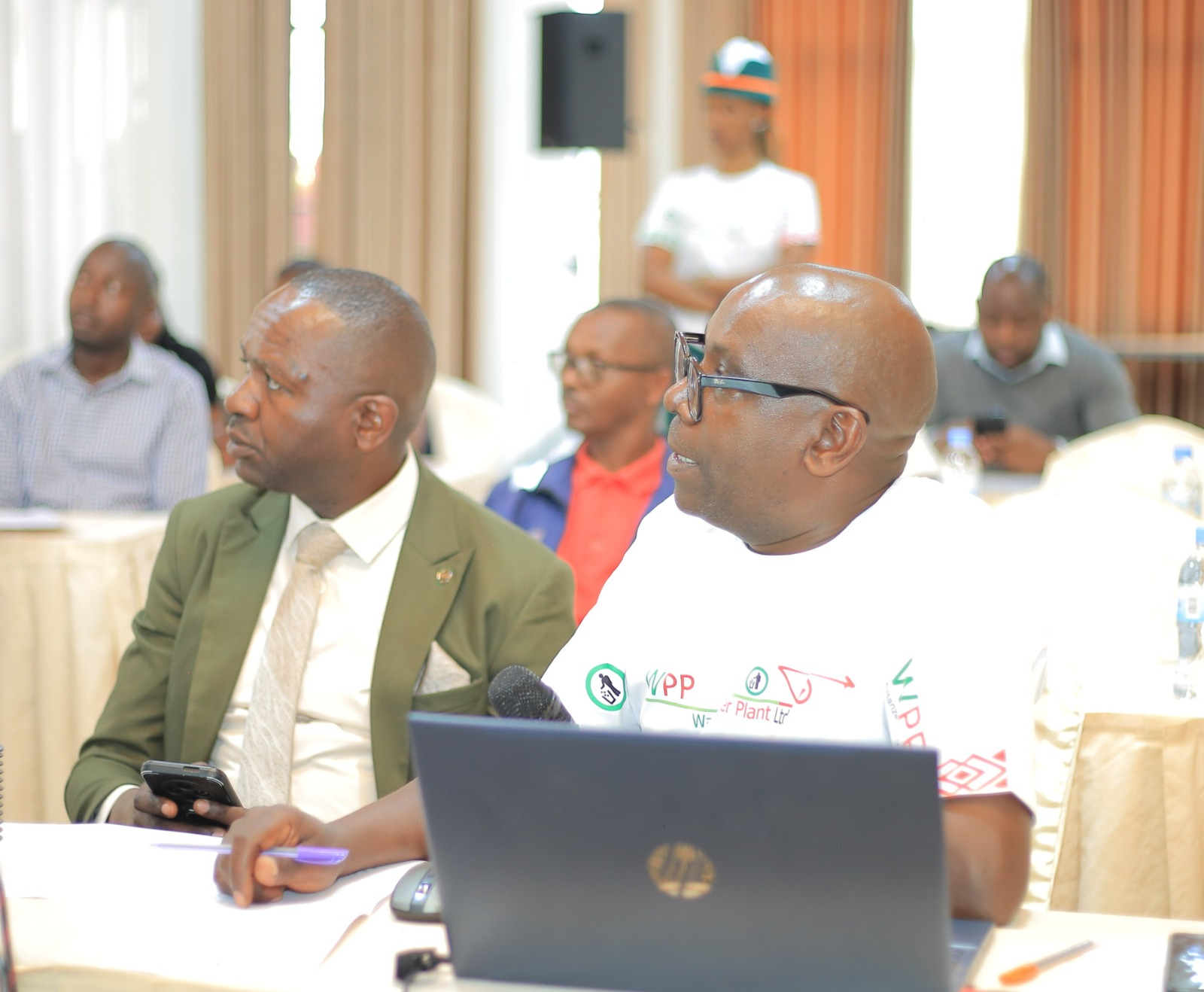
In Musanze’s outskirts, in Kavumu Cell, Muhoza Sector, a new waste processing plant is being constructed. This plant will convert collected waste into renewable electricity and other by-products, rather than allowing it to scatter and damage the environment.
Environmental experts say Musanze has a unique opportunity to be a model city for waste management in Rwanda because of its position as a tourism hub. Sustainable waste management not only reduces air pollution but also preserves the city’s image and enhances the safety of tourists visiting Volcanoes National Park and other attractions.
The Kavumu Waste Power Plant (KWPP) project aims to boost development, protect the environment, and generate renewable energy, according to project manager Mburano Paulin.
He stated:“By using waste as a source of clean, renewable energy, we are tackling two major issues effective waste management and sustainable energy generation. This project will reduce the negative impacts of unmanaged waste while supplying reliable electricity for households, industries, and reducing waste-related diseases.”
Project coordinator Eric Ntwari added that the plant will address problems of overflowing landfills and diseases linked to unmanaged waste:
“This project is a national solution, but it’s also a huge opportunity for Musanze. It will provide 500 permanent jobs and about 200 casual ones. It also supports Rwanda’s Green City agenda by including a training center for students and professionals to learn about waste-to-energy and tourism integration.”
He explained that emissions from the process will not harm the environment:
“Instead of polluting, smoke and ash will be transformed into useful products like tiles, while carbon capture systems developed in partnership with stakeholders from Singapore will ensure minimal emissions.”
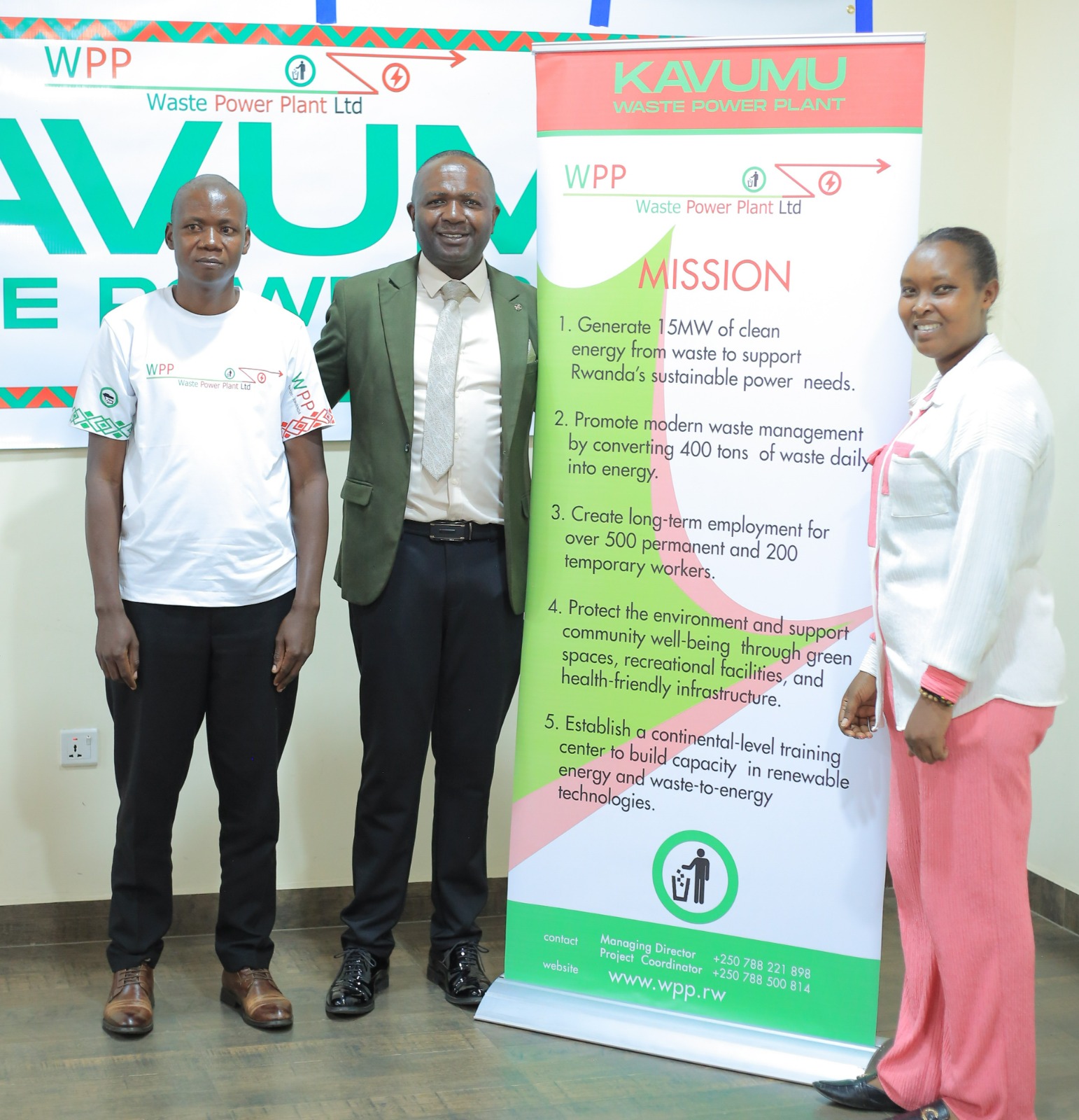
The project also includes a water management system, drawing from River Mpenge to supply clean water to surrounding communities.
Once operational, the KWPP is expected to process 400 tons of waste daily, with an investment value of USD 80 million (over RWF 100 billion) on a 35-hectare site.
Despite this development, the Rwandan government continues its fight against plastic pollution, which remains a serious challenge in landfills, where lightweight plastics scatter into farmlands and water bodies.
During a visit to the Musanze district landfill in Bukinanyana Cell, Cyuve Sector, Greenafrica.rw observed children and residents sorting plastic bottles from waste to sell. A kilogram fetches about 50 RWF, which is later recycled into other plastic items.
Locals including Maniraho Philippe, Sibomana, and Nyiramahirwe Jacqueline voiced their frustrations, saying the landfill causes unbearable odors and has lured children into scavenging, with some even dropping out of school.
Maniraho said: “This landfill is a real problem for us. Our children sneak away to pick bottles and jerrycans to sell to buyers who come here. Some of them have abandoned school altogether.”
Another resident, Sibomana, added: “Besides the smell, this is where our children graze goats and sheep while collecting plastics.”
A woman working for BIDEC (Business Initiative for Development Company Ltd), which makes compost from biodegradable waste at the site, raised further concerns:
“I’ve worked here for years, and what I see is alarming. Parents are struggling because children spend their days scavenging plastics instead of attending school. Some girls even spend nights here, which raises the risk of early pregnancies. Authorities should act quickly,educate parents, enforce school attendance, and protect these children.”
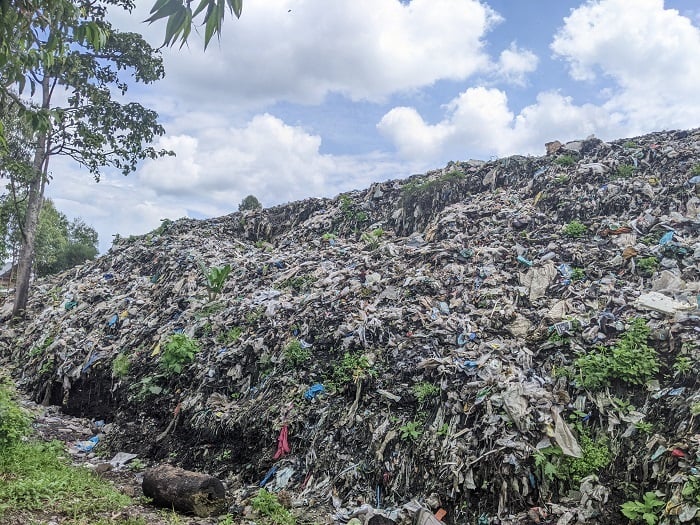
Rwanda’s legal framework on plastics and waste
Given the health risks posed by plastic waste, Rwanda enacted Law No. 48/2018 of 13/08/2018 governing the environment, which sets clear principles for environmental protection.
Article 3: Activities likely to cause harm to the environment cannot start until scientific assessments show no significant risks.
Article 4: The principle of environmental sustainability ensures equal opportunities across generations, balancing development with environmental protection.
The law also prohibits certain activities related to waste and chemicals. Article 45 forbids:
1. Dumping or stockpiling waste in unauthorized places;
2. Importing hazardous waste into the country;
3. Trading, storing, or transporting toxic chemicals and hazardous materials;
4. Using chemicals or poisons in water to kill or intoxicate fish;
5. Using toxic substances to kill wildlife;
6. Defecating or discarding human waste in public spaces;
7. Burning household waste, tires, or plastics.
Violations come with penalties. Article 52 specifies that anyone who illegally burns household waste, tires, or plastics will be fined 25,000 RWF.
